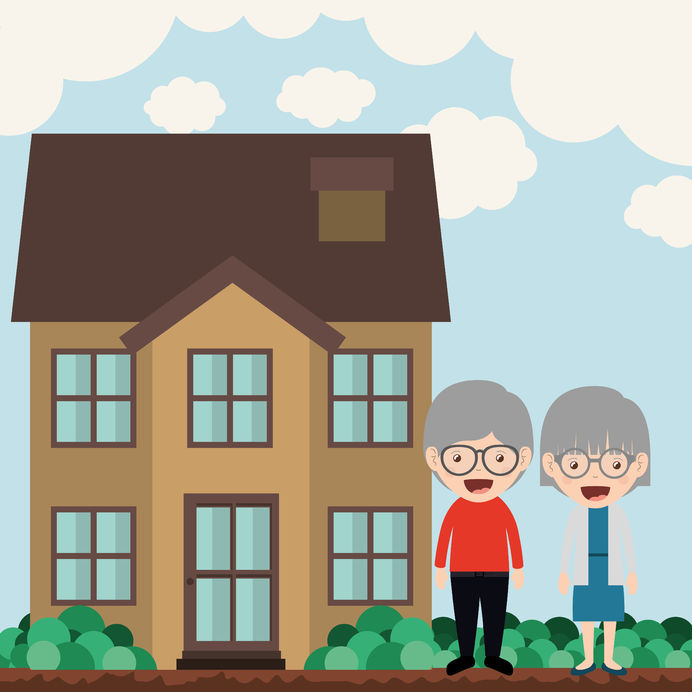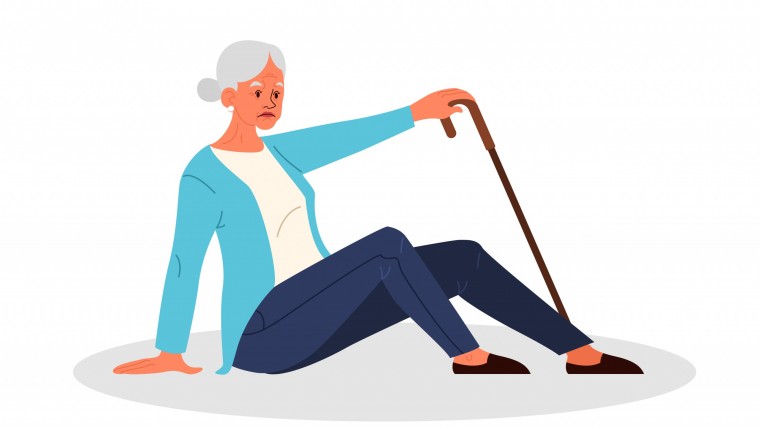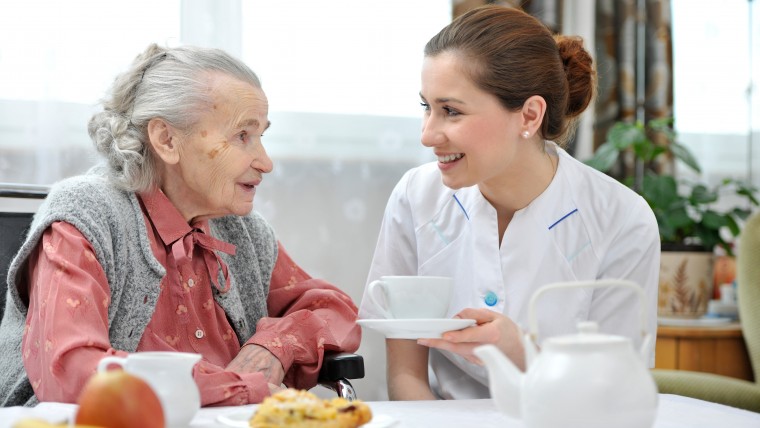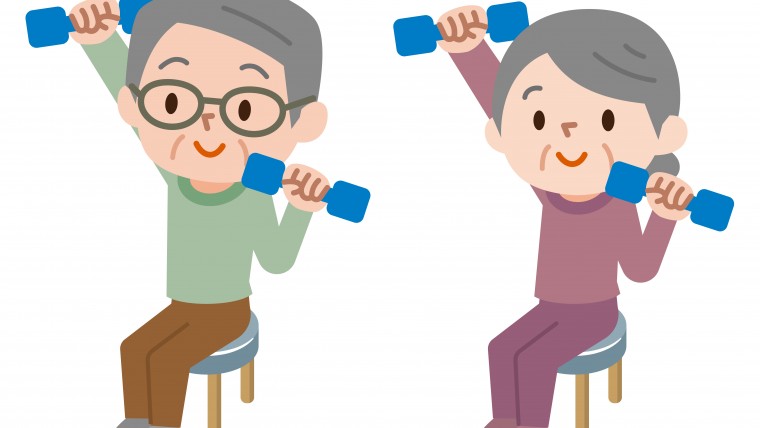A private senior’s residence is a shared residential property intended primarily for those aged 65 years and older. In addition to the rental rooms offered by the proprietor of the residence, there are also various services that are available in these residences in at least two of the following service categories:
- Meal services
- Personal care services
- Nursing care services
- Household help services
- Security services
- Recreational services
Residence Categories
1. Private Residences for Autonomous Seniors
This category of residence is for seniors who are physically and psychologically independent. These residences, in addition to renting rooms or apartments, can offer various services in at least two of the following service categories:
- Meal services
- Household help services
- Security services
- Recreation services
Residences are categorized according to the services offered by the proprietor and not according to the profile of the clientele that is admitted.
A person who requires nursing services or personal assistance services may remain in a private residence in an “autonomous” category if said services are provided by a third-party (an HSSC, for example) and not by the owner.
2. Private Residences for Semi-Autonomous Seniors
This category of residence is for seniors who require some assistance to carry out certain tasks that would be done in everyday life.
Semi-autonomous seniors’ residences offer between 1 and 2 hours of care per day.
Seniors suffering from mild Alzheimer’s disease are also included in this category of residence.
These residences, in addition to renting rooms or apartments, can offer various services in at least two of the following service categories and at least one of the services that falls under the category of personal care services or nursing care:
- Meal services
- Personal care services
- Nursing care services
- Household help services
- Security services
- Recreational services
3. Private Residences for Autonomous and Semi-Autonomous Seniors
A residence may fall under both the category of private residences for autonomous seniors and private residences for semi-autonomous seniors.
The proprietor of such a residence must respect, for each category, all the criteria and standards applicable to it by law.
Being equipped with an emergency call system is mandatory in “self-contained” residences of ten or more units (rooms or units) and in “semi-autonomous” residences with six or more residents.
4. Private Residences for Seniors With Cognitive Losses
Residents at risk of wandering
The owner of a residence must take all necessary precautions to prevent those that are at risk of wandering from the leaving the residence or the land on which the residence is located.
These preventive measures include, among other things, the installation of a safety device that, in such a case, would alert a staff member.
“Device” meaning one of the following as an example:
• a key-locking mechanism
• a door with a keypad and a device that does not disarm automatically in the event of an emergency
• a door with a panic bar that locks.
If the resident requires more than 2 hours of care per day, he/she must be housed in a residential and long-term care center (CHSLD).
5. Long Term Care Homes for Seniors With Loss of Autonomy
This category of residence is intended for seniors who have reached their limit in terms of their physical and/or psychological autonomy. To be admitted to the public system, the senior must require more than 3 hours of care per day.
Intermediate resources are designed for people with a loss of autonomy who require between 1.5 and 3 hours of care per day, which means they do not require the intensity of care and services offered in the long-term care facilities and nursing homes.
An intermediate resource can accommodate (according to certain admission criteria) seniors with average losses of autonomy, who are already living in a residence and who require special care or assistance. The person remains under the responsibility of the institution. The intermediate resource provides a suitable living environment and support or assistance services as required.
Are you looking for a private seniors’ residence? You can contact our housing counsellors by completing this form on our website or by calling us toll-free at: 1 (844) 422-2555.
Need help?
Contact a residence advisor to help you in your search for a residence
844 422-2555
Service free of charge for beneficiaries
Member of ACHQ
Need help?
Contact a qualified residence advisor for help with your search and accompany you until the signing of your lease for FREE.
Our assistance service for the elderly is FREE*
844 422-2555
* Our residence advisors are paid by the network of private residences in Quebec certified by the Ministry of Health and Social Services.




